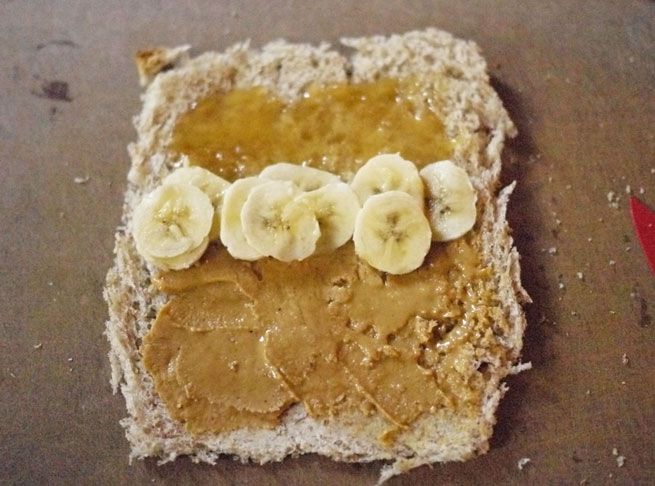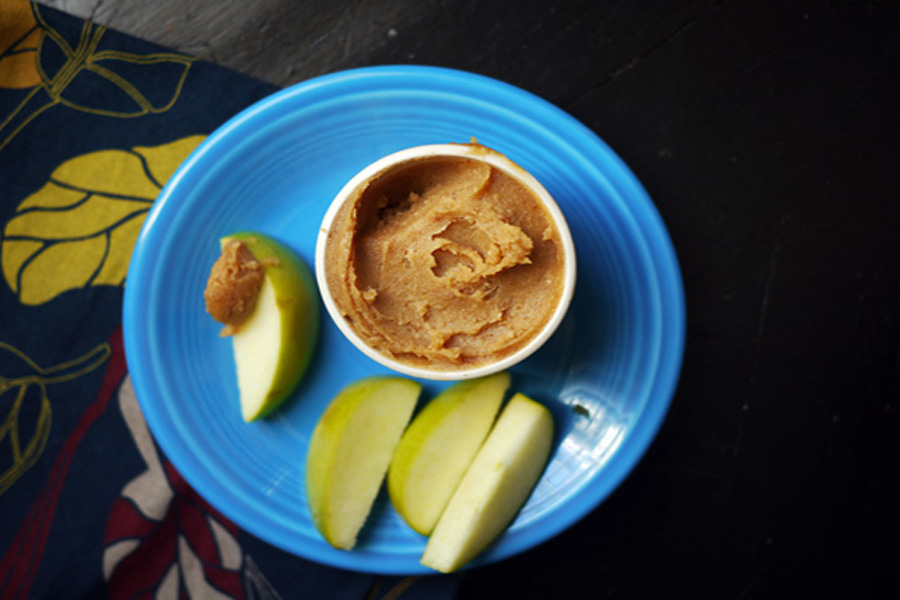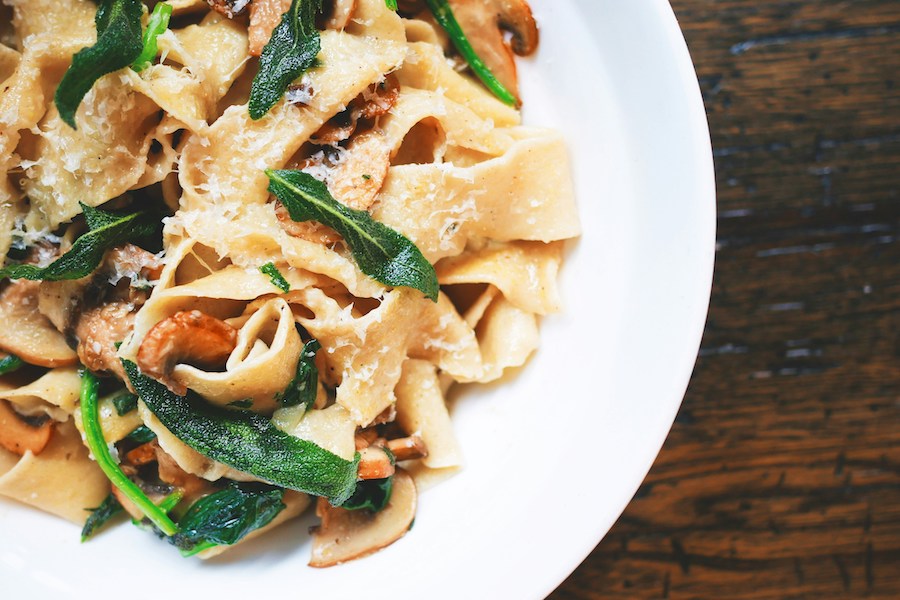Keeping up with peanut allergy guidelines is very serious business for new parents, and today, the peanut allergy guidelines have been changed in some major breaking news that we think all parents will want to know about.
Learning Early About Peanut Allergy (LEAP) conducted one of the first large, randomized prevention trial for peanut allergies, as they call it, including more than 600 children. And the results of the LEAP study may surprise you.
They now state that peanut-containing foods can and should be introduced as early as four months. Which is way earlier than the current recommendation of three years.
Related: 10 things my daughter with food allergies wants you to know.
The conclusion is that this will help to build immunity and prevent peanut allergies from developing. But exactly when to introduce peanuts, and more importantly, how, depends on how likely your child is to have a peanut allergy.
According to the study, you need to first see which of these three categories suits your child best:
* If your child is very likely to have a peanut allergy, as indicted by a family history of food allergies, an egg allergy, or severe asthma, peanut-containing foods can be introduced very carefully at 4 to 6 months. This can be done at a doctor’s office, after other solid foods have already been introduced. Or, it can be introduced via skin prick test by an allergist. How you proceed from there will depend on the results.
* Kids who are less likely to have a peanut allergy, or somewhat likely, includes children with mild to moderate eczema which has a direct correlation. These children should be introduced to peanut-containing foods at 6 months.
* Kids who are not at all likely to have an allergy, or those children with no eczema or food allergies, can be given peanuts or not at your own discretion. It doesn’t matter either way since with this category of children, the avoidance of peanuts will not in any way cause a peanut allergy to develop.
Related: 5 nut-free spreads that are way more fun than peanut butter, anyway.

It’s important to note that none of these guidelines means that parents of babies and toddlers should hand over a bag of whole peanuts which are a choking hazard, or globs of sticky peanut butter.
Rather, the guidelines suggest starting with easily nibbled peanut-containing foods like peanut butter puffs, which beginner eaters can safely manage. It’s important to know that allergies are an immune reaction; at six months, babies’ immune systems are still developing and need small, safe introductions to things against which they needs to develop immunity.
Just be sure you still work with your pediatrician or health care provider before making a plan to introduce high allergen foods.
Related: Allergy-friendly snack recipes for safer school lunches.
As a long-time food writer with an exclusive focus on family, I can imagine that these new guidelines will make lots of new parents, especially with a family history of food allergies, very nervous. While it’s understandable, it’s important to keep in mind that these new peanut allergy guidelines are not just about diagnosing allergies earlier, but helping alleviate or prevent them.
In a nutshell (ha) exposure might in fact be the best cure. One researcher even noted that early introduction of peanut flour on the subjects of the study had more than an 80% prevention effect.
Whoa.
Again, don’t do anything without first discussing with your doctor. And if you want more info in the NEAT addendum to the 2010 Guidelines for the Diagnosis and Management of Food Allergy in the United States, you can find all the specifics in the The Journal of Allergy and Clinical Immunology. You might even bring it to your own pediatrician, in case they haven’t yet read it.
But knowing how much this is on the minds of new parents? I imagine pediatricians are already hearing a ton of new questions about the peanut allergy guidelines from their patients.
What do you think? Have a child with peanut allergies or about to start solids with your little one? We’d love to hear what you think of these new guidelines and whether you’ll talk to your pediatrician about changing course as a result of reading them over.







We have actually discussed this last month with our. Allergist and pediatrician. Due to family history, we will skin test at 5 months. If clear, we will introduce peanuts at 6 months.
Thanks for sharing, Charlena. It’s always so helpful to hear from other parents — your plan sounds right on point with the new guidelines. So different than when even my 7yo was just starting solids! Good luck and enjoy the early eater stage. It’s messy, but so fun!